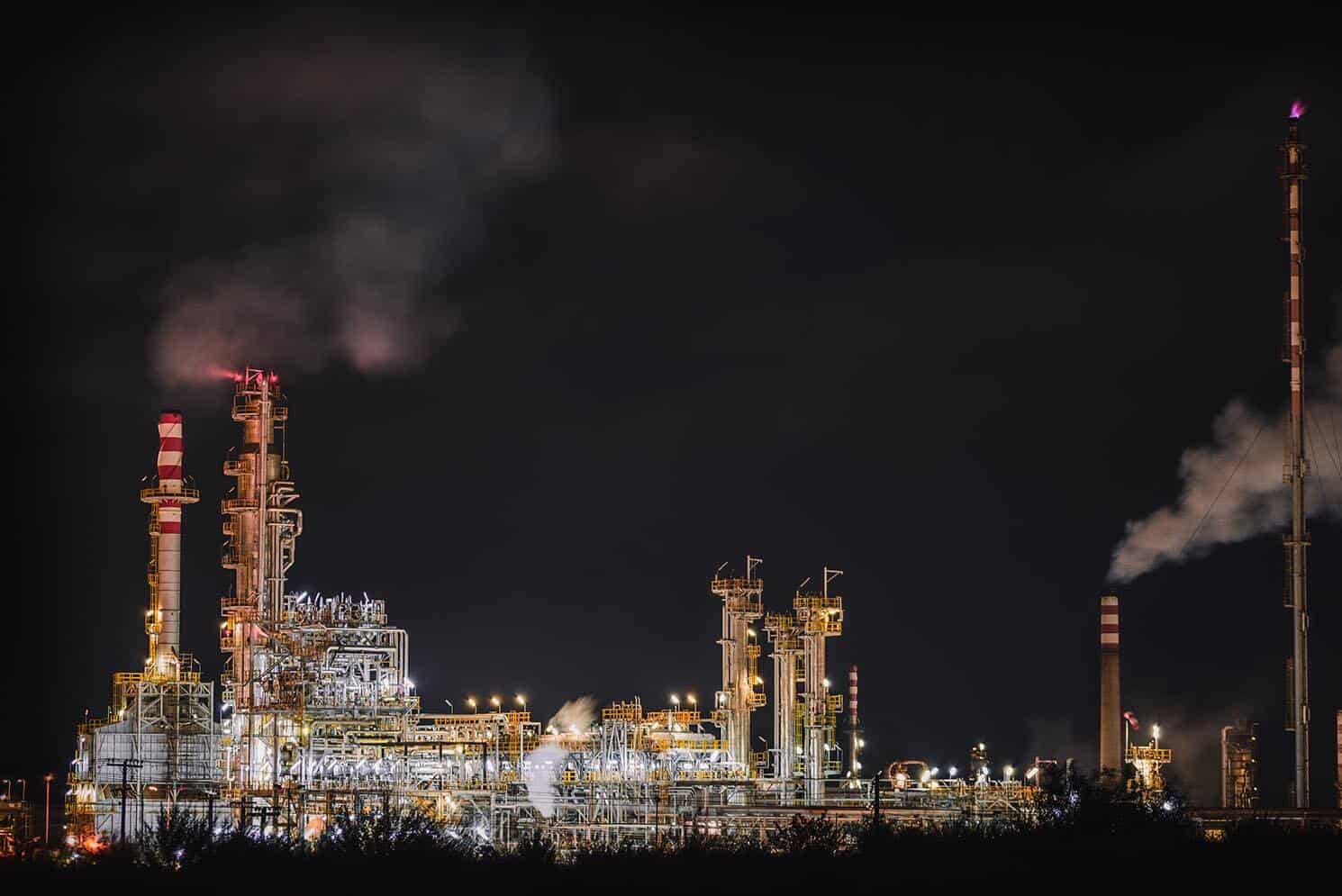Image Credit – Tasos Mansour
A coalition of 126 civil society groups have called for the United Nations Framework Convention on Climate Change (UNFCCC) to exclude fossil fuel lobbyists from attending future climate talks, claiming that ‘climate action will always be inadequate if polluting interests are allowed to obstruct.’1
This demand comes after a record number of 636 fossil fuel lobbyists attended COP27 in Sharm-el-Sheikh, up 25% from last year’s COP in Glasgow,2 and outnumbering attendees from the 15 largest African delegations.3 Such a large fossil fuel presence is an obvious and major conflict of interest. As stated by Philip Jakpor of Public Participation Africa, ‘to a malaria conference, you don’t invite the mosquitos.’4
Fossil fuel lobbyists have been known to exert their power with the goal of weakening climate policies and protecting their incredibly narrow interests. They can achieve this through a number of ways, including meeting behind closed doors with government officials or influencing narratives through public advertising and the funding of third-party groups.5
A 2019 report by InfluenceMap found the five largest publicly traded oil and gas majors (BP, Chevron, ExxonMobil, Royal Dutch Shell and Total) invested over $1 billion of shareholder funds into ‘misleading climate-related branding and lobbying’ in the three years following the Paris Agreement.6
Last year, in a document leak brought to light by Unearthed, it was revealed that countries were attempting to water down key terminology in a crucial findings report by the International Panel on Climate Change.7 Major fossil-fuel producers Australia and Saudi Arabia were lobbying to ‘remove or weaken a key conclusion that the world needs to rapidly phase out fossil fuels,’ meanwhile Brazil and Argentina, the world’s biggest beef and animal feed producers, were pushing to delete statements discussing the climate benefits of plant-based diets and of reducing meat and dairy consumption.8
This year at COP27, many countries, including some of the world’s biggest emitters such as India and the European Union, had expressed commitment to phasing out oil and gas as well as coal.9 However, China, Russia, Brazil, Saudi Arabia and Iran pushed back, and the final documents saw no progress on collective commitments to phase out fossil fuels, repeating the same ‘phase down’ terminology that was employed in last year’s resolution at COP26 in Glasgow.10 While the final text does promote the use of renewables, it also alludes to natural gas in its mention of ‘low emission’ energy, which still produces a significant amount of greenhouse gasses.11
Laurence Tubiana, CEO of the European Commission and a key architect of the Paris Agreement, argued that, at COP27, ‘the influence of the fossil fuel industry was found across the board,’ and Egypt allowed for ‘regional alliances to sway the final decision… as the final text clearly protects oil and gas petrostates and fossil fuel industries.’12
Indeed, the failure of COP27 to deliver a tougher stance on equitably phasing out fossil fuels ultimately points to the powerful presence of fossil fuel lobbyists and indicates that they are a threat to climate action.
References
1. UNFCCC, 17 August 2022. Joint civil society submission on establishing a UNFCCC Accountability Framework to protect against undue influence of polluting interests. Available at https://unfccc.int/sites/default/files/resource/Agenda%20Item%202_Collated%20written%20submissions.pdf [accessed 28/11/22]
2. Global Witness, 10 November 2022. Press Release: Over 100 more fossil fuel lobbyists than last year, flooding crucial COP climate talks. Available at https://www.globalwitness.org/en/press-releases/over-100-more-fossil-fuel-lobbyists-last-year-flooding-crucial-cop-climate-talks/ [accessed 28/11/22]
3. Kick Big Polluters Out, 2022. Big Polluters at COP27. Available at https://kickbigpollutersout.org/big-polluters-at-cop27 [accessed 28/11/22]
4. BBC News, 10 November 2022. Sharp rise in fossil fuel industry delegates at climate summit. Available at https://www.bbc.co.uk/news/science-environment-63571610 [accessed 28/11/22]
5. Deutsche Welle, 5 November 2021. Lobbying threat to global climate action. Available at https://www.dw.com/en/lobbying-threat-to-global-climate-action/a-59726541 [accessed 28/11/22]
6. InflunceMap, 2019. Big Oil’s Real Agenda on Climate Change. Available at https://influencemap.org/report/How-Big-Oil-Continues-to-Oppose-the-Paris-Agreement-38212275958aa21196dae3b76220bddc [accessed 28/11/22]
7. Unearthed, 21 October 2021. Leaked documents reveal the fossil fuel and meat producing countries lobbying against climate action. Available at https://unearthed.greenpeace.org/2021/10/21/leaked-climate-lobbying-ipcc-glasgow/ [accessed 28/11/22]
8. Unearthed, 21 October 2021. Leaked documents reveal the fossil fuel and meat producing countries lobbying against climate action.
9. Reuters, 15 November 2022. EU supports COP27 call to phase down all fossil fuels. Available at https://www.reuters.com/world/europe/eu-supports-calls-phase-down-all-fossil-fuels-timmermans-2022-11-15/ [accessed 28/11/11]
10. United Nations, 2022. UN News: COP27 closes with deal on loss and damage: ‘A step towards justice’, says UN chief. Available at https://news.un.org/en/story/2022/11/1130832 [accessed 29/11/22]
11. United Nations Environment Programme, 22 November 2022. COP27 ends with announcement of historic loss and damage fund. Available at https://www.unep.org/news-and-stories/story/cop27-ends-announcement-historic-loss-and-damage-fund [accessed 29/11/22]
12. The Guardian, 20 November 2022. World still ‘on brink of climate catastrophe’ after Cop27 deal. Available at https://www.theguardian.com/environment/2022/nov/20/world-still-on-brink-of-climate-catastrophe-after-cop27-deal [accessed 28/11/22]

30/11/2022





